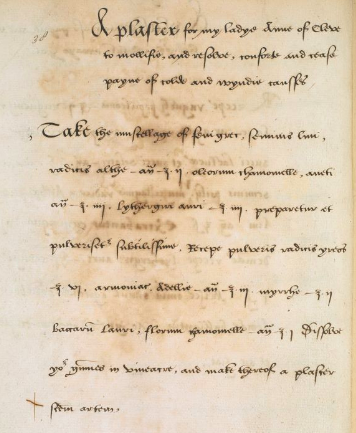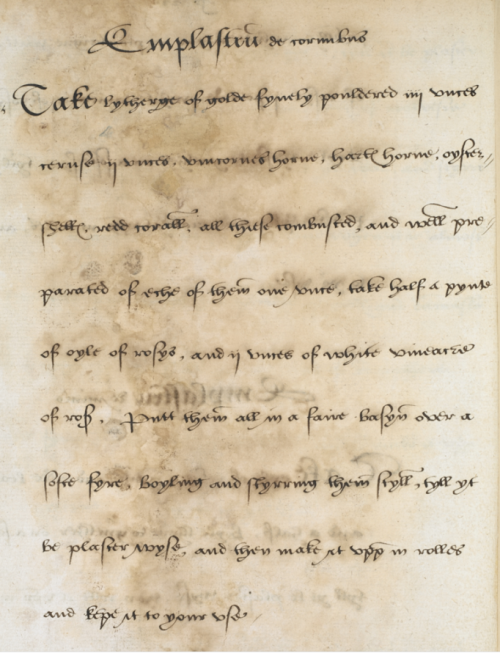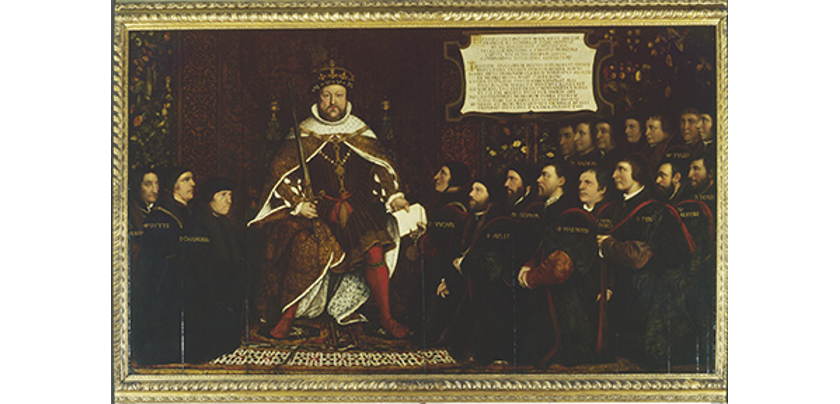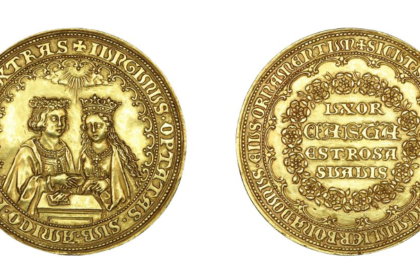My family and I are all down with nasty head-colds at the moment (not covid thankfully), which has me thinking about Tudor medicine and remedies.
Did you know that amongst Henry VIII’s many academic interests and achievements, he also dabbled in medicine? As well as introducing many reforms to the practice of medicine, we actually have records of many apothecary recipes that Henry seems to have come up with himself.
In a manuscript in the British Library, known as Sloane MS 1047, there are a vast number of Tudor medicinal remedies preserved. Many of these were formulated by Henry’s physicians, including William Butts, Walter Cromer, John Chambre, and Augustin de Angustinius. More than 30 of the recipes in this manuscript, however, are attributed by Henry.

Amongst Henry’s recipes are treatments for ailments he himself suffered, such as leg ulcers, but he was also very concerned with the health of his nearest and dearest (of course, who this included could change with alarming alacrity); he even a recipe for ‘A plaster for my ladye Anne of Cleve to mollifie, and resolve, conforte and cease payne of colde and wyndie causses’ which included chamomile and myrrh amongst its ingredients.
It is difficult to assess the efficacy of Henry’s treatments; one recipe, for an unknown complaint, calls for unicorn horn, which doesn’t sound too promising:
‘Emplastrum de cornubus: Take lytherge of golde fynely pouldered iiij unces, ceruse ij unces, unicornes horne, hartes horne, oyster shelles, redd corall, all thiese combusted, and well preparated of eche of them one unce, take half a pynte of oyle of rosys, and ij unces of white vineacre of roses. Putt them all in a fair basyn over a softe fyre, boyling and styrring them styll, tyll yt be plaster wyse, and then make it upp in rolles and kepe it to your use’

(Plaster of Horns: Take 4 ounces of finely powdered litharge of gold [a mineral mixed with lead oxide], 2 ounces of ceruse, unicorn’s horn, hartshorn, oyster shell, red coral, and burn them all up. Take half a pint of oil of roses, and 2 ounces of white vinegar of roses. Put them all in a clean pan on a gentle fire, boiling them while constantly stirring, until it is like a plaster, and then prepare rolls out of them and keep them for your use.)
But on the other hand, we have ‘a Medycyn for the pestylence’ that ‘Kyng Henry the Eight’ wrote, which apparently ‘hath helpyd dyvers persons.’ Henry’s secretary also wrote in a letter to Cardinal Wolsey that the King had given him ‘remedyes as any connyng phisician in England coude do.’ Perhaps Henry’s remedies were decent after all – or at least as good as those of any other 16th century physician.
You can peruse these Tudor remedies for yourself on the British Library website, here: https://www.bl.uk/manuscripts/Viewer.aspx…
Obviously, many of the ingredients considered medicinal by Tudor physicians (and kings!) are actually very toxic and dangerous, so it goes without saying that you shouldn’t try to treat yourself or others with them.
(Image at top: Henry celebrating the Act of Union between the Company of Barbers and the Guild or Fellowship of Surgeons in 1540, by Hans Holbein, c.1542)





